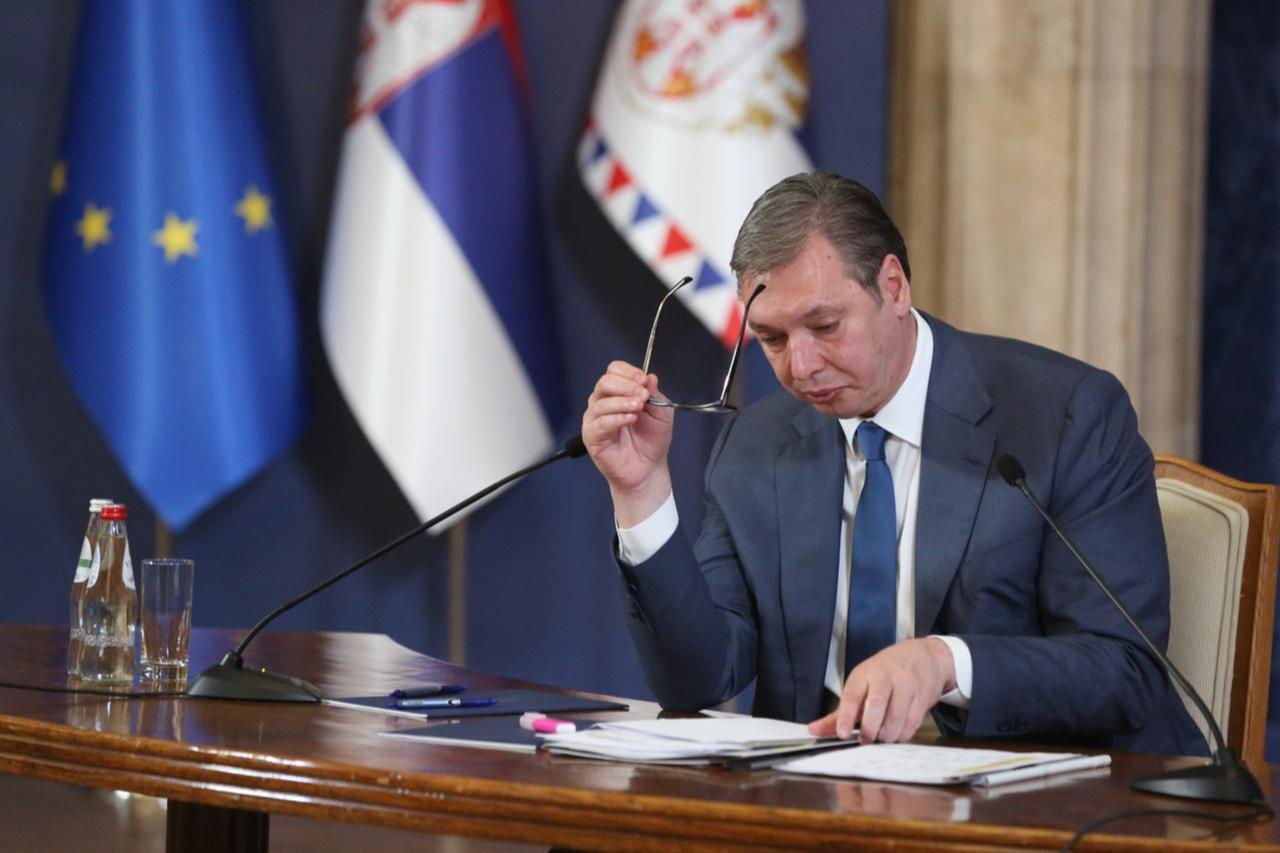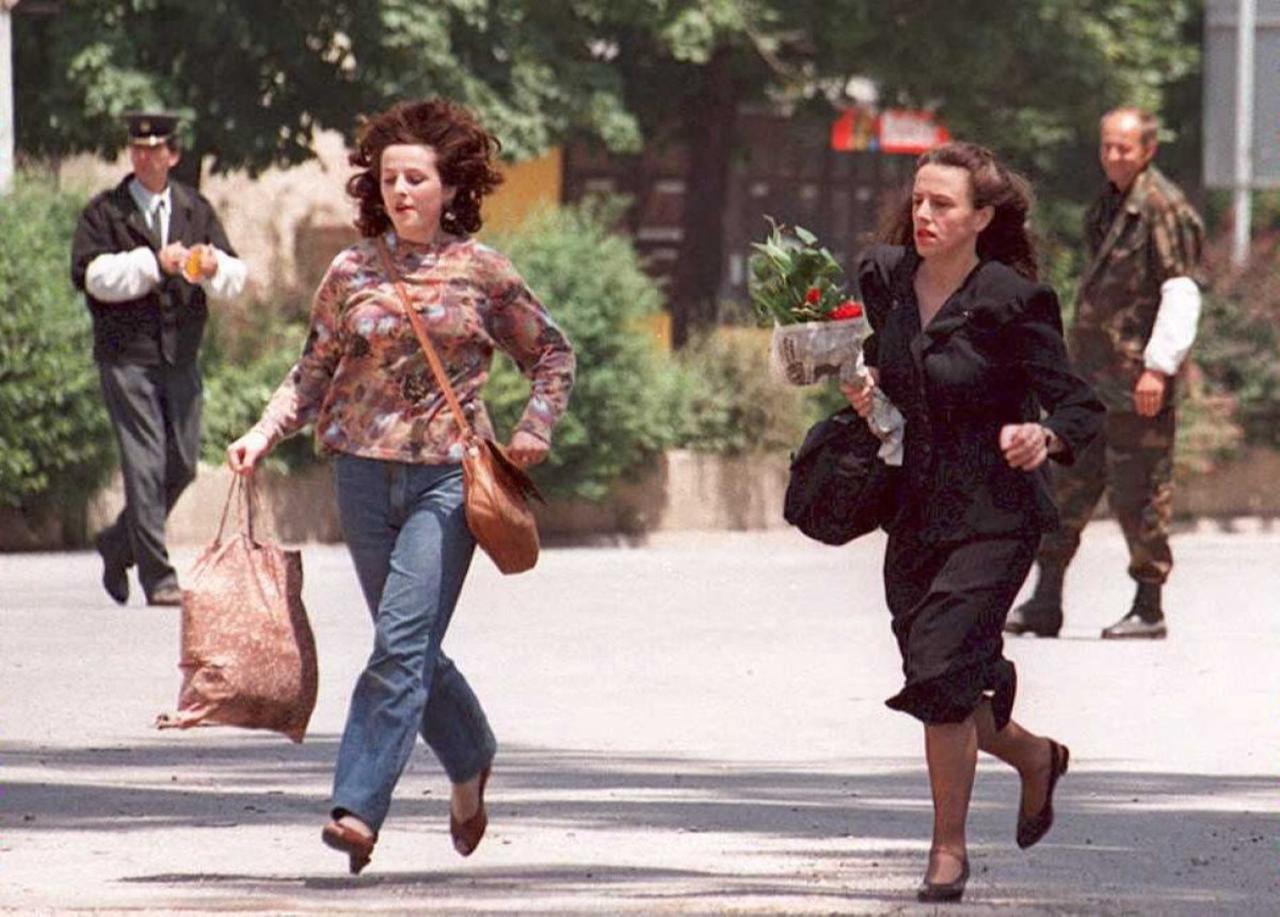
A Croatian investigative journalist has filed a criminal complaint with Milan prosecutors against Serbian President Aleksandar Vucic, alleging his involvement in the so-called “Sarajevo Safari” sniper killings during the 1992–1995 Bosnian War, Italian news agency ANSA reported Wednesday.
The complaint, submitted by journalist Domagoj Margetic, comes as Italian prosecutors continue their investigation into reports that wealthy individuals from Italy paid Bosnian Serb soldiers to shoot civilians in besieged Sarajevo as part of a wartime “human hunting” campaign.
According to ANSA, Margetic presented alleged evidence to the Milan Prosecutor’s Office suggesting that Vucic was present at Serb military positions in Sarajevo where snipers targeted civilians. He accused the Serbian leader of involvement in “horrific incidents” during the nearly four-year siege.
The Milan investigation has revived international attention on one of the war’s most gruesome chapters. More than 11,500 civilians—including 1,601 children—were killed between 1992 and 1995 as Sarajevo endured daily shelling and sniper attacks by Serb forces.
The probe stems from a complaint filed in February by Italian journalist and writer Ezio Gavazzeni. He alleged that, during the war, wealthy Westerners, including Italians, Germans, French, and British nationals, paid large sums to fire at civilians in Sarajevo “for entertainment.”
In an interview with Anadolu Agency on Nov. 15, Gavazzeni said, “During the Yugoslav civil war, that is, between 1992 and 1996, wealthy Westerners—people from all Western countries without exception—were paying enormous sums specifically to fire at civilians in Sarajevo.”

Previously referred to in international media as “Sniper Safari,” the phenomenon was first reported in the mid-1990s but never formally investigated until the Milan prosecutor’s office launched a case earlier this month.
The allegations are now being taken seriously, with prosecutors reportedly gathering testimonies and footage, including video evidence that resurfaced in 2021 showing Serb snipers firing at civilians.
Sarajevo came under attack on April 6, 1992. During the siege, Serb forces surrounding the capital from nearby hills unleashed relentless artillery bombardment and sniper fire.
Streets, bridges, and even doorways became death traps for the city’s residents.
The sustained campaign left not only deep physical scars on the city’s historic and cultural infrastructure but also enduring trauma for its citizens.
Margetic’s legal complaint against Vucic is likely to increase regional tensions and raise questions about accountability for wartime atrocities that have long evaded justice.
It is unclear whether Milan prosecutors will formally summon or issue legal action against the Serbian president, who has denied any wrongdoing in the past.